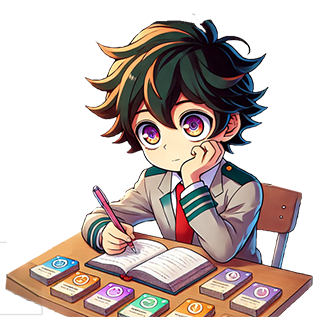Medication Administration
This deck contains flashcards, with side2 being the question and side 1 being the answer. Topics include:
Routes of medication administration
Steps for oral medication administration
Administering sublingual medication
Giving intramuscular injections
Administering subcutaneous injections
How to use an inhaler
Applying topical medications
Administering eye drops
Giving ear drops
Administering rectal medications
How to use a nebulizer
Administering intravenous medications
Giving a transdermal patch
Administering nasal sprays
Steps for administering a suppository
Handling controlled substances
What is a medication error?
Proper labeling of medications
How to prepare an IV infusion
Administering medications through a feeding tube
Steps for giving injections to infants
How to calculate medication dosages
Administering emergency medications
Steps for reconstituting medications
How to perform a medication reconciliation
Monitoring for adverse drug reactions
Documentation of medication administration
Giving medications to patients with dysphagia
Administering allergy shots
What are compounded medications?
Administering medications in a clinical setting
Steps for administering a vaccine
How to administer chemotherapy drugs
Administering medications to geriatric patients
Giving medications to pediatric patients
How to manage polypharmacy
Administering pain medications
Steps for administering anticoagulants
Administering psychiatric medications
How to handle medication non-adherence
